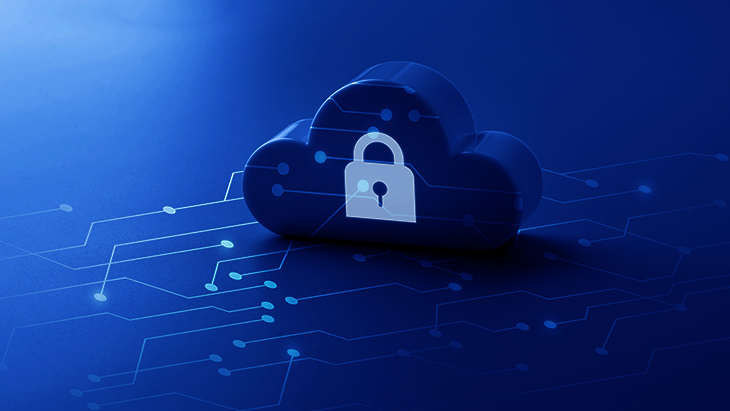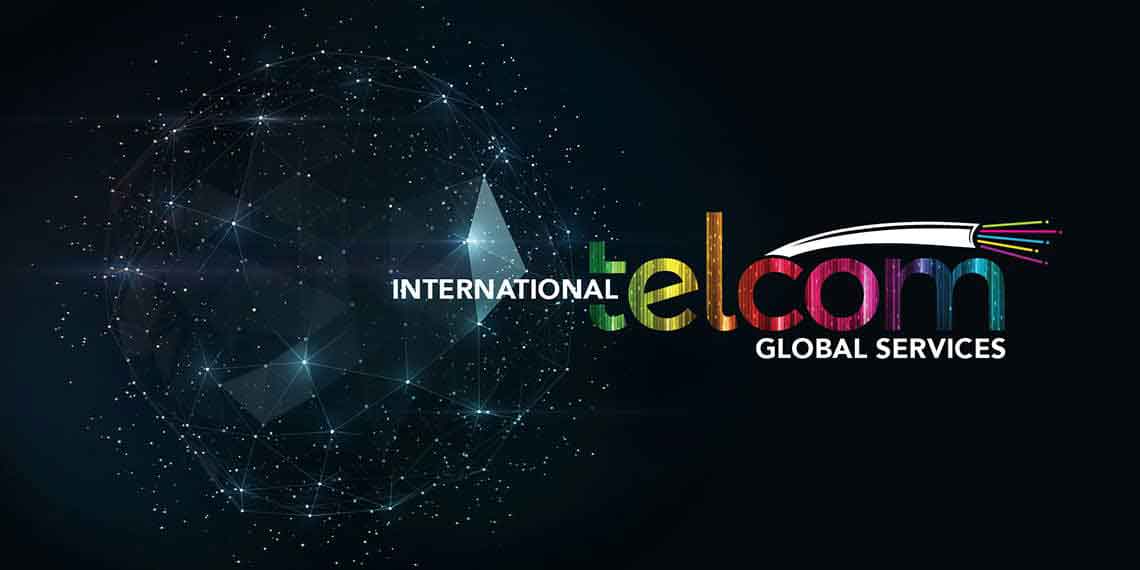
Privileged Access Management in Cloud Security
Although different physical storage devices with various sizes and capacities have been used so far, this is fundamentally changing with cloud technology. Cloud-based technologies do not have any physical counterparts and can be used for different goals, predominantly for storage. Supporting various innovative technologies including the Internet of Things (IoT), automation systems, and Artificial Intelligence (AI), this unique storage solution can be quite vulnerable to cyberattacks if adequate precautions are not taken. In this article, you can learn more about implementing maximum security while benefiting from cloud technologies with a complete digital infrastructure.
What is Cloud Security? What are Cloud Deployment Models?
The term cloud security is used to define the entirety of the processes utilized to protect the integrity of the cloud-based applications, data, and virtual infrastructure. The term is also valid for on-demand solutions, in addition to any cloud deployment models and services. Generally, for cloud-based services, the service provider is also liable to ensure the security of the base infrastructure and the applications and data in the cloud. Therefore, the service providers are required to always be vigilant in terms of security, and they should follow the advancements in this field and apply them when required.
Cloud deployment models are significant to better understand cloud security. The four fundamental deployment models are public, private, hybrid, and multi. The risk level of cloud technology is varied, depending on the distribution model. For instance, while the risk level is fairly low in public distribution models, such as Microsoft Azure or Google Cloud, the risk level is higher for private deployment models, which are reserved for a single enterprise and accessible via different users in the enterprise. Hybrid or multi-deployment models that utilize both distribution models and cloud services pose greater risks. Regardless of their inherent risk level, cloud-based services always require effective precautions since they are always targeted by malicious third parties and cyber attacks.
Importance of Privileged Access Management in Cloud Security
Privileged Access Management (PAM) combines the most current and comprehensive defense strategies against malicious third parties engineering cyber attacks with increased efficiency and the support of greater resources. Constantly updated and evolving, Privileged Access Management is efficient in terms of protecting your data, including cloud security. Kron developed a state-of-the-art PAM platform, Single Connect, comprised of multiple features, like privileged session manager, Password Vault, multi-factor authentication (MFA), dynamic data masking, and privileged task automation. Single Connect can effectively be used against current cyber-attack scenarios, as its multi-tier safety approach becomes more powerful and comprehensive yet more flexible by including various innovations in cloud technology.
How to Establish Cloud Security with Privileged Access Management?
Since it is quite difficult to be protected against the vulnerabilities and risks of cloud technologies with standard safety precautions, data access security should be established via innovative approaches such as Privileged Access Management. This is one of the most effective ways to create a more effective security ecosystem for digital services such as cloud technologies. Some of the steps to establish cloud security via Privileged Access Management include:
- All cloud service providers utilize management consoles to manage accounts, configure services and troubleshooting. Cyberattacks commonly target these consoles in order to access various data. Cloud-based service providers should carefully monitor users with privileged access rights and privileged access requests. Privileged accounts must be taken under control in order to prevent attacks and data leaks using various control solutions such as Single Connect’s Privileged Session Manager.
- Virtual servers, data storage units, and other cloud resources are common targets for cyberattacks. Malicious third parties may try to utilize automatic provision tools in order to initiate attacks and cause downtime. Therefore, service providers should establish strong security systems and applications such as multi-factor authentication (MFA) or multi-factor authorization in order to prevent unauthorized access to cloud automation command files and provision tools.
- Cloud applications commonly use APIs in order to halt and initiate servers or conduct other environmental changes. API access authorization data such as SSH keys are generally coded and built-in to the applications and placed in public storages such as GitHub. Then, they become targets for malicious third parties. Therefore, enterprises should remove built-in SSH keys from applications and make sure only authorized applications can access areas with encrypted infrastructures that act as a digital safe, such as Single Connect’s Password Vault.
Such Privileged Access Management (PAM) features ensure efficient protection of cloud technologies, which are so hard secure using only legacy security software or firewalls. Kron’s Privileged Access Management suite Single Connect can protect your could infrastructure, where common precautions are insufficient to ensure that processes run smoothly and safely.
Other Blogs













